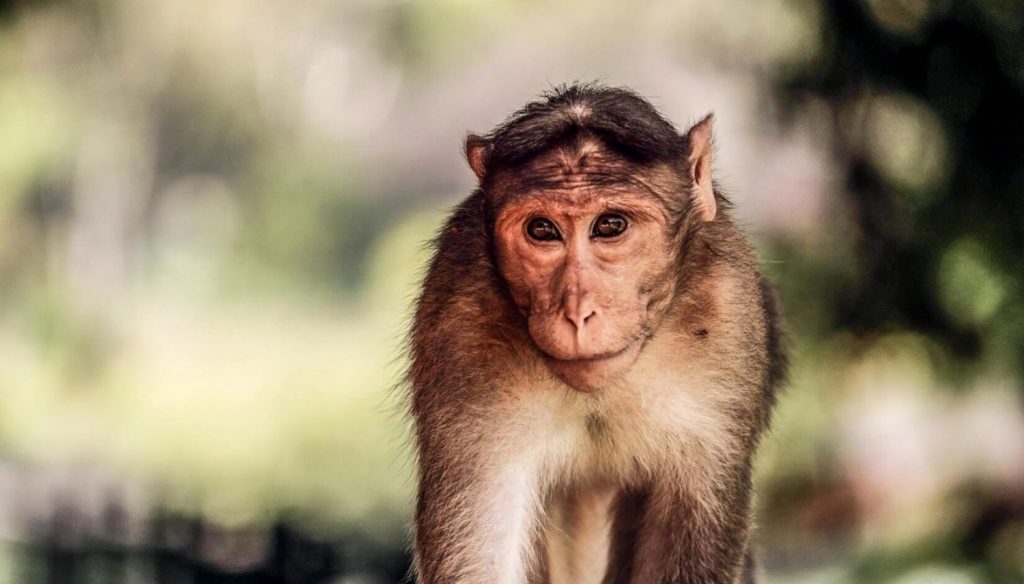A new film, titled “Empty Laws”, released by the New-England Anti-Vivisection Society (NEAVS) and We Animals filmmaker Kelly Guerin highlights the physical and psychological damage on primates used in laboratory testing. The short film is currently available for viewing on YouTube.
Vegan travel and culture magazine Driftwood Magazine posted about the release on its Instagram account. “By exposing the unnecessary suffering that takes place behind locked laboratory doors, NEAVS and We Animals hope to incite a call to action by members of the public to increase pressure on the National Institutes of Health (NIH) with the request not to weaken existing requirements for researchers seeking to use animals in research,” Driftwood stated in the post.
Across the United States, approximately 100,000 primates are tested on in laboratories, with “only very few who might one day make it to sanctuary,” according to the film, narrated by Theodora Capaldo, Executive Director of NEAVS. The laws that have been designed to protect these animals are not enough, the film maintains.
“These animals have lived their entire lives under laws purported to protect them, but in the physical and emotional scars in those who do make it out alive, we see what they’ve endured, in spite of the laws,” Capaldo notes. Adding that, “in survivors we see the laws aren’t working, they are unenforceable.”

In 2013 NIH ruled that chimpanzees were to no longer to be used in laboratory tests. “Failed science and psychological similarities paved the way for chimpanzees to be the first non-human species protected from human research,” Capaldo recalls. She adds, “chimps were the first non-humans to be protected but they cannot be the last…the life of a research animal is a life of trauma.”
“If maintaining not only the physical but also the psychological well-being of primates in labs cannot be done, then their use in labs must simply end.”
In February, NIH made progress by announcing plans to remove animals from the drug and chemical toxicity testing process. The decision was assisted by the Physicians Committee for Responsible Medicine (PCRM), which helped to shape a new roadmap for the institute. “The National Institute of Health’s new Roadmap provides a direct route to better protect millions of human and animal lives,” Kristie Sullivan, the vice president of PCRM’s research policy, stated.
To help further this progress and to support NEAVS and We Animals, see here to fill out the NIH’s request for information form regarding animal care and use in research.
Image Credit: Driftwood Magazine


